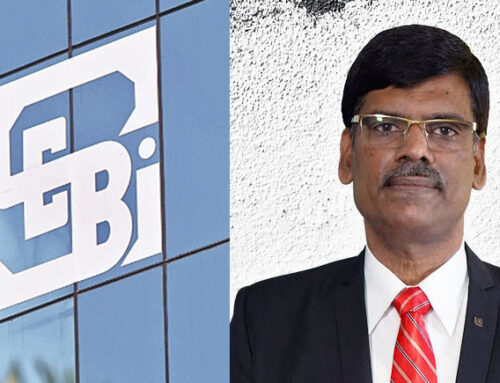I wrote many things about mutual funds, so I thought I wrote everything. But as I was taking a question on mutual funds, I realized I forgot to answer some basic questions, so this is one way to respond.
To understand mutual funds, First, we need to understand what are shares and why they are crucial that even in all the global crashes, stock exchanges were on.
Every economy needs capital for growth. Weather in money from the owner ( owned funds) or banks and financial institutions. ( borrowed funds.) Every type of capital has different characteristics. Shares or stocks are owners’ funds. Debt or bond or debenture are borrowed funds. This subject is more significant and may need a separate post altogether.
Big institutions like banks, pension funds, and insurance companies have big money. Their needs are also different. So they can directly go to some company and talk with the CEO and CFO. But the general public cant does that. So their money may either be kept in a bank saving account or in the home, which is not much in use. But there is another effect. As this HOUSEHOLD saving, looking small but consolidated, it is sufficiently big and can affect the interest rates. Affecting interest rates is not good, so mutual funds channel such savings to different types of assets. Be it in India or the US. The mutual fund industry started similarly.
So here I explain. I present the basic answer.
In-depth answer.
Mutual Funds have sponsors like SBI Trustee, HDFC Trustee, etc. They promote one company which is generally an Asset Management Company like HDFC Asset Management Company. This Asset management company, or AMC, employed people for all work. Like office work and Managing Funds. As SEBI regulates this whole mutual fund industry, there are restrictions on what type of scheme one AMC can set up in India. A mutual fund scheme is a portfolio constructed by the AMC and managed by a Fund manager with the support of the back office. So why invest in mutual funds and not directly in stocks?
First of all, there are many things in CAPITAL MARKETS. Government bonds, Private bonds, REPOs, Asset-backed securities, and Mortgage-Backed securities. Money market securities, Overnite Funds. Futures and options. Common men cant understand all of them. I know that paying 2.5% or 1.7% is a big part, but you are getting one professional person who knows all about the stocks. Who can diversify at the right amount? ( sometimes, too many shares are not right.) The common person is unaware of so much news about companies. Many times he may be unaware of where to search for such info. Not every news is good and bad. Some are unrelated. Some pharma companies are maybe unaffected by the information of one chemical. Some may be affected highly. One needs to read the Annual report to understand such bits and parts. How to read it is an art. Not everyone knows it.
In mutual funds, by paying ₹ 500 Per month, you can take a claim of even an MRF share. ( Share price ₹ 54997 for one share while writing this) You can get a thematic fund, you can get all equity, you can get hybrid, and all other types. For an ordinary person, it is impossible. If a common man wants to set up his portfolio, he may or may not successfully get a RETURN WHICH CAN BEAT INFLATION AND ACHIEVE THE GOAL DECIDED BY THE INVESTOR. The fund manager can sell an investment when the return is lower than the potential risk. An investor will not get this mechanism right many times. Typical investor hardly thinks about investing outside of the country if the onshore economy is not doing right. A mutual fund can do that. With the help of their expertise, they can analyze the prospect of investment with borrowed funds or investment in distressed securities. ( up to certain limits, outside of India, not in India)
Mutual fund schemes generally start with an idea. Let’s say… Consumption. The fund manager will study it and, with the help of an analyst and his team, will make a presentation keeping the portfolio in mind. With this, they will develop a New Fund offer ( similar to Initial Public Offering) to raise money. Investors will pay cash. As per their payment, they will get the units.
Till here, everything will be the same. Now, if the Scheme is Open-ended, just like a regular scheme starts its life. But If this is close-ended, They are closed for any transaction. In some countries, they are available on exchanges like BSE and NSE, but in India, the LIQUIDITY is very low. This means it is difficult for you to buy it on BSE.
After all, I can only say that the points in favor of mutual funds are more than those against mutual funds.
Before investing in mutual funds pls, talk with your financial advisor. Not all schemes are proper for you. Some schemes may be suitable for one person, but the same scheme may not b good for others.




